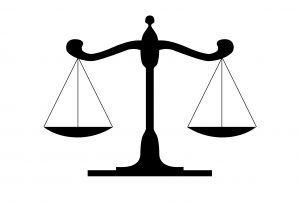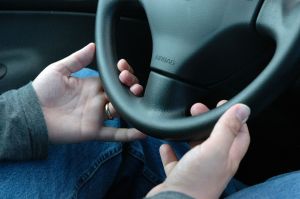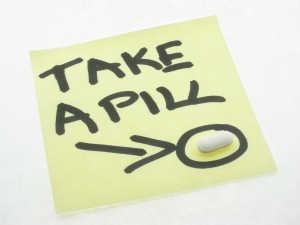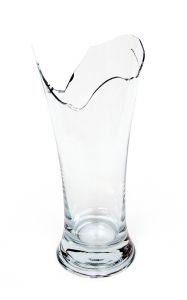Attorney J. Bradley Smith answering the question: “What are the long term effects of being convicted of a crime?”
You might think that in the hierarchy of criminal acts, giving diet and nutritional advice online wouldn’t seem to rank very high. Though dieting and recipe tips may not seem especially insidious, that hasn’t stopped one North Carolina man from running into legal trouble.
 The issue, which was recently uncovered by the conservative think tank, The Heritage Foundation, began when Steven Cooksey began offering his personal views concerning diet and eating habits online. Cooksey started a blog several years ago about his struggle to manage his diabetes. On the blog, Cooksey told his readers how a new diet had helped him not only survive, but also thrive and felt like he owed it to others to spread the good news.
The issue, which was recently uncovered by the conservative think tank, The Heritage Foundation, began when Steven Cooksey began offering his personal views concerning diet and eating habits online. Cooksey started a blog several years ago about his struggle to manage his diabetes. On the blog, Cooksey told his readers how a new diet had helped him not only survive, but also thrive and felt like he owed it to others to spread the good news.
Though Cooksey felt confident about his dietary advice, he did make clear that he was neither a doctor nor a nutritionist, telling readers that he was simply a man interested in sharing his personal experience. Though the warning might seem to be sufficient to inform those who happened upon his site that any advice should be taken with a grain of salt, North Carolina authorities did not feel the warning went far enough.
Almost three years after the blog was first launched, the North Carolina Board of Dietetics and Nutrition warned Cooksey that he had no right to offer advice on dieting, regardless of whether he was being paid for that advice or not. To offer any such dieting tips and tricks amounted to the unlicensed practice of dietetics, something that is a misdemeanor under state law.
 Charlotte Criminal Lawyer Blog
Charlotte Criminal Lawyer Blog










